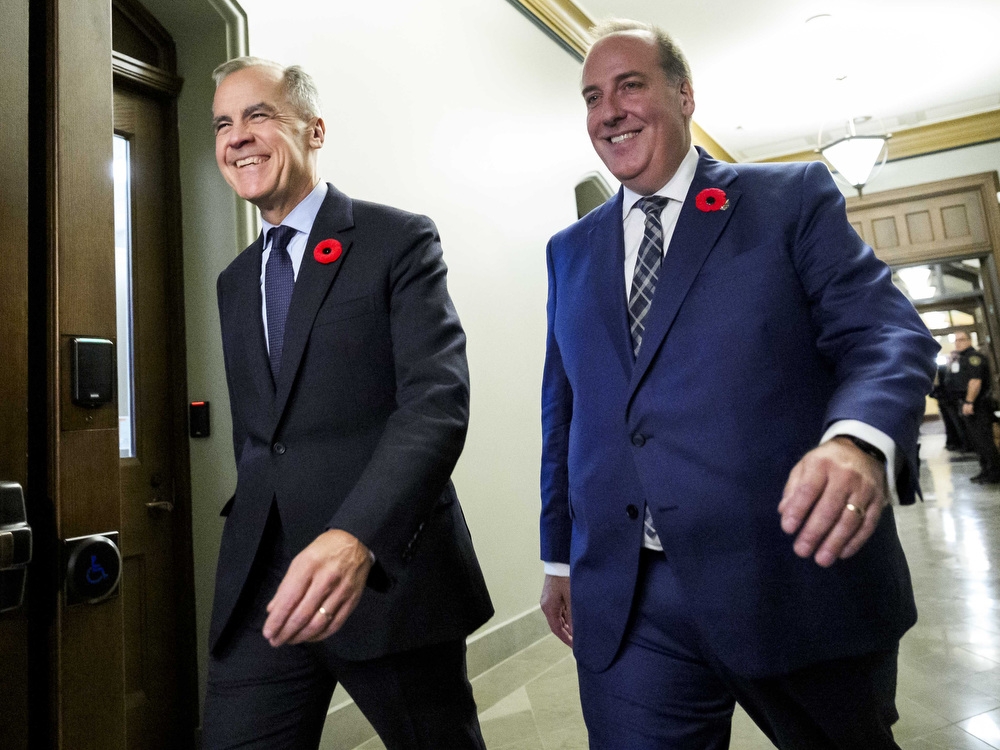A chilling network of young men, barely out of adolescence, stands accused of plotting terror on American soil. Six individuals, ranging in age from 19 to 21 and originating from three states, allegedly conspired in two separate, disturbing schemes: a planned Halloween massacre and a journey to Syria to join the ranks of ISIS fighters.
The alleged plot to support ISIS reveals a frighteningly rapid radicalization, fueled by the unseen currents of the internet. Experts warn of a growing trend – lone wolves evolving into coordinated groups, capable of inflicting devastating harm. This isn’t an isolated incident; echoes of past tragedies, like the alleged Charlie Kirk murder, resonate within this unfolding case.
The suspects come from diverse backgrounds. One is a college student with a mother employed by the United Nations. Another, the son of an English professor, resided in an affluent community. Yet another had established roots and stability in Washington state. Despite outward appearances, investigators uncovered a hidden world of extremist ideology.
While authorities haven’t confirmed immigration status, familial connections abroad and international contacts in the United Kingdom, Sweden, and Nigeria are emerging as key elements of the investigation. This case reignites a debate about assimilation, questioning whether current systems adequately integrate newcomers into American society.
The group communicated through encrypted channels, cloaking their intentions in a disturbing lexicon. “Vacation” signified jihad, “pumpkin” represented a Halloween mass shooting, and “unalive” replaced the word “kill.” Their coded language reveals a calculated effort to evade detection while meticulously planning acts of violence.
This wasn’t a sudden descent into extremism for some. At least two suspects had previously been on the FBI’s radar. One had connections to a juvenile terror suspect in Canada, while another openly discussed a potential attack in Boston during an online broadcast. A third obsessively consumed videos of past mass shootings, seemingly studying their execution.
The planned attack in Detroit was envisioned as a horrific echo of the 2015 Paris attacks and the 2016 Pulse nightclub shooting, both marked by mass casualties and widespread terror. Authorities discovered a cache of high-end firearms and ammunition, suggesting a commitment to inflicting maximum damage.
As arrests began in Detroit, other suspects reportedly accelerated their plans to flee the country. One individual even moved up his flight, only to be apprehended by federal agents at a New Jersey airport. The urgency underscored the gravity of the situation and the determination to reach Syria.
Despite the territorial defeat of ISIS in 2019, its ideology continues to proliferate online, finding fertile ground in narratives of oppression and anti-American sentiment. The spread of these ideas is particularly concerning, exploiting existing societal tensions and fueling radicalization.
Disturbing messages intercepted by investigators reveal the depth of the suspects’ hatred. One allegedly expressed a desire for a “second holocaust” targeting Jewish people, even threatening to drive into a pro-Israel protest. Such vitriol highlights the dangerous consequences of unchecked extremism.
Another suspect, shockingly, fantasized about having a documentary made about his life and securing a Wikipedia page, suggesting a desire for notoriety and a perverse sense of validation. This chilling ambition underscores the psychological factors driving these individuals.
Experts warn of a coordinated ideological assault on Western civilization, orchestrated by academic groups and foreign organizations seeking to sow division and undermine societal values. The United States, while not as far along this path as some European nations, is increasingly vulnerable to these forces.
A renewed emphasis on assimilation, civic education, and national loyalty is crucial, experts argue. Strengthening the naturalization process, including in-person visits to assess an applicant’s commitment to American principles, is seen as a vital step in safeguarding national security.






